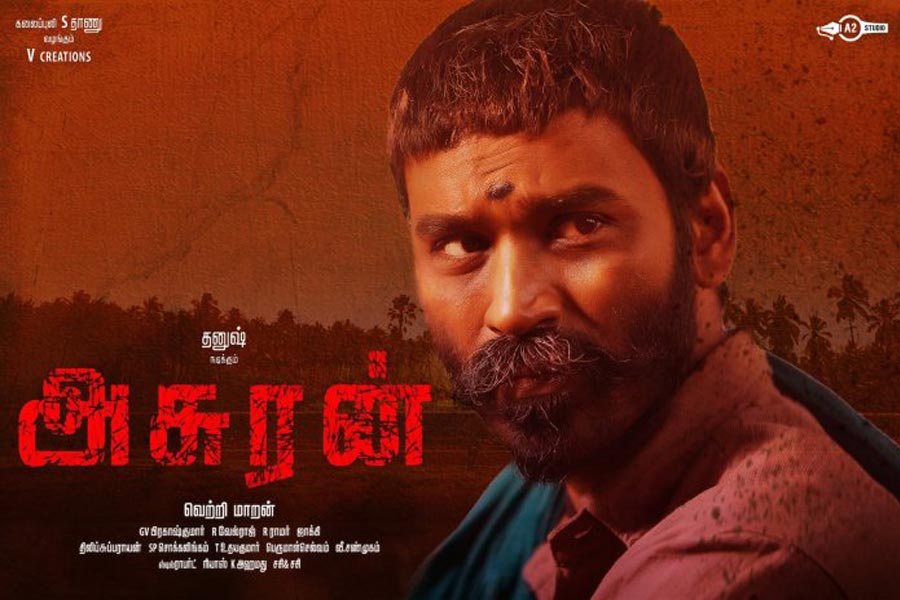The body of a 20-year-old, Anju P Shaji, a B Com student of a private college in Kanjirappally was found in the Meenachil River on Monday. The family of the girl, accused the authorities of the BVM Holy Cross College, Cherpungal where she took the final-year exams. The family alleges that the college had wrongly accused her of malpractice. According to the college authorities she was reportedly caught copying in the sixth-semester exam held at the college. The suicide of the student after she was accused of copying in the examinations has opened up a debate on examination reforms including the possibility of open examination and online examination.
The criticism against the present examination system is that it is not a test of the students’s knowledge but their ability to remember what they learnt using the rote learning technique. Rote learning is a memorization technique based on repetition. The idea is that one will be able to quickly recall the meaning of the material the more one repeats it.
Many critics of this system say that it would be better to replace it with open book examination. An “open book examination” is one in which examinees are allowed to consult their class notes, textbooks, and other approved material while answering questions. The key to open book exams is to set questions where students need to do things with the information they have at hand, rather than simply locating it in the text or notes during the exam and reproducing it. Many foreign varsities follow the open-book examination which tests the students’
understanding of key concepts and their problem-solving skills. The students can write the examination by looking into the textbook or referring to the internet.
Even before the tragedy occurred, Cochin University of Science and Technology (Cusat) had decided to go for online examination as a large number of students, from other states and those belonging to containment zones, would find it difficult to reach the exam centres due to the Covid-19 pandemic. Cusat has begun conducting the final semester exams of 13 postgraduate programmes online. The examinations began on Wednesday.
The students are asked to log in at home with smartphones or computers. The university sends five sets of questions every half an hour. The students have to write down the answers of each set on one side of A4 size paper within 30 minutes. These papers have to be scanned and uploaded immediately after each set. Each paper is for a duration of three-hours. The examinations are being conducted through open source learning platform Moodle.
Cusat was not the only university which went for open examination. Universities from other parts of the country have also introduced the system. The Central University of Odisha (CUO) will conduct Home-based Open Book Examinations (HOBE) for Terminal Semester students in a phased manner from July 6 to July 27, 2020. Pune’s
Symbiosis International University (SIU) has already conducted exams online.
However, the decision of Delhi University to switch to open-book online examination from July 1 for final-year students in view of the Covid-19 epidemic was taken to the court. The Delhi High Court refused to interfere with Delhi University’s decision to conduct open book examination online for final year students. It also asked the
Central government, Delhi University and University Grants Commission to work out a solution to enable students with disabilities to take the exam as well.
The decision of the Aligarh Muslim University to go for open book examination also faced opposition. However, the university is going ahead with the open examination system without heeding to this opposition. Aftab Alam, a professor at the Aligarh Muslim University (AMU) has been served a warning after he expressed his reservations over holding online open book examinations in the university citing last mile connectivity issues that can rob many students of equal opportunity. However, it is a fact that these universities went for reforms more to deal with the emergency caused by the Covid-19 epidemic rather than as a remedy to the mental trauma caused to students due to the present system of examination.
Recently the All India Council of Technical Education (AICTE) had proposed to introduce open book examinations, wherein students will be allowed to refer to books in the examination halls, for engineering
courses. However, APJ Abdul Kalam Technological University which has affiliated engineering colleges in the state is skeptical about the implementation of this examination method. This is because the university had introduced the system on an experimental basis earlier but had to scrap it after it failed to yield positive results. Though the idea for open book examination, mooted in 2015, was introduced for one semester in the university it was not successful.
Poet, V V Shaju, who is a teacher at a higher secondary school says that one of the hardest things about a teacher’s job is invigilation duty. “It is a job similar to policing. It is the duty of the invigilator to curb the so-called malpractice. The urge to cheat is rooted in human nature. Hence I would prefer the open book examination as
it would at least help in ending the policing job thrust upon teachers,” says Shaju.
Iris Koileo, Retired Head of the Department of Malayalam of St Xavier’s College, Thumba, says, “I also support the idea of open book examination. Students are now compelled to study the book and stack it on the answer sheet for three hours. It is an outdated method. The time has come to introduce open text exam in the higher education
sector of our country. This will be a relief for both students and teachers,” said Koileo.
Public Relations Professional, T C Rajesh, admitted that he had copied to pass exams. The present examination system, measures only memory. Students only learn to vomit what they have learnt onto the answer sheets. The curriculum and examination methods have to be changed in such a way that it encourages the students not to cheat, says Rajesh.







